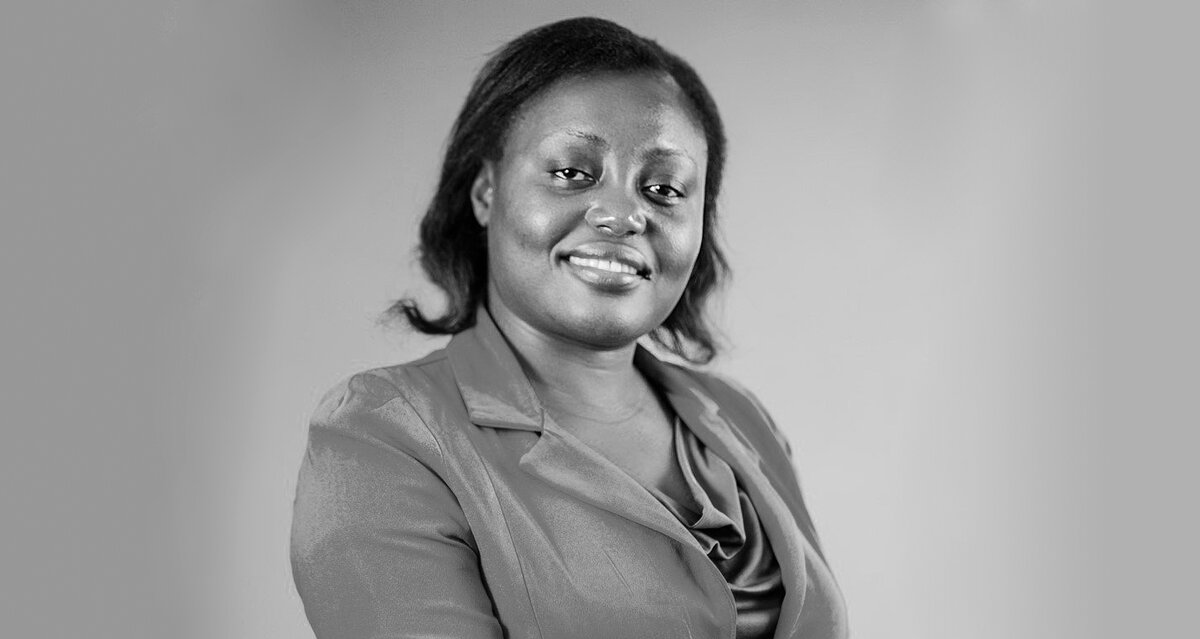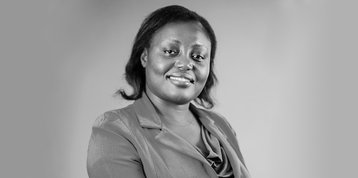Halima Lila

Championing Menstrual Hygiene
Halima Lila is thrilled at the recent news that the Tanzanian government has removed value-added tax (VAT) from sanitary pads. It’s the result of the concerted joint effort of a consortium of players including members of parliament, the government, and civil society organization such as Hope Centre for Children, Girls and Women in Tanzania, which Halima founded and directs. She also consults with Palladium under Institutions for Inclusive Development (I4ID) on the MHM projects in Tanzania, which look at the accessibility and availability of menstruation products in Tanzania.
But the removal of tax for Menstruation Health Products (MHP) is just the beginning of the conversation, says Halima. Most girls and women in Tanzania do not have access to information on menstrual health facilities and products, especially in marginalised communities, she explains. “It is the whole culture in Tanzania that I want to see a change in,” she says. “How do we wash reusable pads? How do we hang underwear out to dry? In our culture, you cannot say ‘I am bleeding’. People actually believe that anyone who sees your underwear – or pads, for that matter – have the power to bewitch you, such is the fear of witchcraft.”
The cultural mindset is only one of several barriers to increasing menstrual hygiene in Tanzania, Halima says. Supply chain and market issues need to be addressed urgently too. A popular name-brand pack of sanitary pads might cost 1,500 Tanzanian shillings in the capital Dar es Salaam, but, in the depth of rural Tanzania, the same product would cost three times as much.
Nobody wants to deliver to the Last Mile, people are afraid of the poor infrastructure and difficulties of distribution
Halima speaks passionately about pricing, hygiene, sanitation, and gender inequities, coming up for air every now and then. Growing up, she was teased by her three brothers and sister for talking so much. Being raised by a single mother led her to ask questions early. “A huge number of kids in Africa are raised by single mothers. Where are the fathers? It takes two people to make a baby!” she says.
Her mother always expected Halima to grow up to be a lawyer. Instead, Halima completed a Masters in Development Studies from the University of the Western Cape in South Africa.
An involved partner of the Coalition’s Menstrual Health/Hygiene workstream and Youth Caucus, Halima believes that only strategic partnerships can solve today’s problems in RH access. “No one agency can right the world’s wrongs on its own,” she says.

The availability of safe, affordable supplies that meet men’s and women’s RH needs. Supply availability is possible only when products feed into the supply chain and make their way to the point-of-distribution, where women and men can access them.


